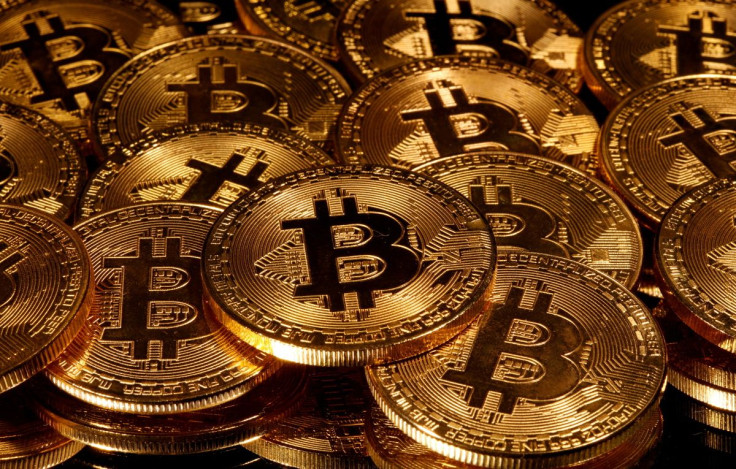Bitcoin Price: What Would Be The Catalyst For Another Spike?
In its short history as a digital currency, Bitcoin has displayed a great deal of volatility. Price spikes are succeeded by price crashes in a matter of months, weeks and even days, taking bulls and bears for a wild ride.
The performance of the digital currency over the last 12 months is a case in point. A big spike last November pushed Bitcoin price close to $70,000, with Bitcoin bulls seeing S100,000 in the next few months.
But it didn't happen. Instead, Bitcoin prices dropped like a stone to $20,000 this week.
The crash in the price of the digital currency may have come as a surprise to Bitcoin bulls. It coincided with a spike in inflation around the world, including in the U.S., where it's running at an annual rate of the north of 8%. Inflation should be bullish, not bearish for the digital currency, often labeled as the "digital gold," a hedge against inflation.
But that doesn't seem to be the case, as expert after expert is coming up with arguments to justify the failure of Bitcoin to stand up to the expectations. Behavioral economists call it "confirmation bias."
For instance, Ian Epstein, CEO of Enigma Securities and global head of digital assets at Makor Group, has come up with the argument that bulls and bears are irrelevant to BTC's secular significance.
"During any market transition, uncertainty drives risk in all asset classes. While investors will continue to mitigate their short-term risk, most institutions did not own BTC," he told International Business Times. "On a long-term scale, BTC has already outperformed comparable asset classes against inflation because it gained users during each cycle."
Clem Chambers, CEO of Online Blockchain PLC, doesn't think inflation killed Bitcoin, but rather the drying up of liquidity due to the reversal of the Fed's policy.
"The drying up of cash by 'quantitive easing' drains money and valuation from risk assets and as bitcoin is the most friable risk asset it gets hit hardest," he told IBT.
The trouble is that the Fed's decision to take liquidity out of the economy is in response to the rising inflation. But that doesn't seem to matter for Bitcoin bulls who are looking for the next spike in the digital currency's price. For instance, Alexander Tkachenko, founder and CEO of VNX, thinks that Bitcoin's underlying advantages remain intact.
"The main characteristic of any market is a balance between greed and fear. Crypto is still a developing and volatile market, so the abrupt and significant mood swings are to be expected," he told IBT. "There was a lot of hype around crypto, NFT, DeFi so greed was a prevailing factor for a long time. Now looking at all the news, investors got in a mode of fear. But it will swing back at some point again."
When that would be, and what would be the catalyst?
Cambers sees it in 2024 when the next halvening event takes place.
"The Assets have cycles and we are in the bear part of the crypto cycle," he said. "2024's halvening event will be a catalyst for BTC rocketing again."

© Copyright IBTimes 2024. All rights reserved.




















